Thanks as always for reading this article, if you are a regular reader, you will know that I talk a lot about the gut because it is such an important part of our overall health. Unfortunately, our gut is something that is easily abused and neglected. Think of your gut like you would think of Cinderella. We want to have her do all the work but, like the stepsisters, we really don’t want to take care of her and treat her nice. She has some very kind mice (bacteria) that try to keep her happy but she is missing something that would make her complete. Now hold that thought.
We have all heard the saying, “you are what you eat” and I think that holds much truth however I would challenge you to think a little more deeply with the saying “you are what you absorb”. If we simply eat good food and it runs through you not broken down, we do not absorb all of the great nutrients in that food.
How does our body break down the food that we eat? The process begins by smelling food. Think about walking into your house and someone has dinner cooking, the odor is what sets off your saliva glands and you begin the process. Saliva helps to wet food and allow you to chew it and break it up more easily.
Your body also starts to produce the amylase enzyme which is helpful to breaking down carbohydrates. An example of this is chewing for a very long time on a saltine cracker that eventually starts to taste sweet. This is the amylase enzyme breaking down starch into sugar.
Chewing our food 25 to 30 times with each bite also breaks down food and stimulates the production of hydrochloric acid and pepsin in our stomach. Pepsin is a digestive enzyme that breaks down proteins. If we don’t take the time to chew our food, we lose this important part of digestion and our bodies have to work that much harder in the later stages of digestion.
Once our bodies breakdown food in our stomach, it is passed on to the duodenum and small intestine. This is the area of our digestive tract that further breaks down the food into nutrients that are easily absorbed in the small intestine. The pancreas excretes enzymes that break down fats, proteins, cellulose from plants, lactose from milk and basically anything that need to be broken down into a smaller form.
A second part in this area of the gut is the gall bladder. This organ kicks out bile, which is designed to break down and emulsify fats so that they can be easily absorbed. Many patients, for whatever reason, have had this organ removed and have an ongoing issue with breaking down fats. This inability to break down fats can lead to them not tolerating fats or having to limit the amount of fat in their diets.
Some issues that can affect the production of enzymes include:
·Age – the older we get the less our body produces
·Stress – when we are in the fight or flight mode our body isn’t concerned about digestion and acid and enzyme production decrease
·Poor eating habits – eating too fast, poor dietary and lifestyle choices
·Certain medical conditions – pancreatitis, celiac disease,
If you suffer with symptoms like; lower abdominal pain, stomach aches 2-4 hours after eating, undigested food in your stool, diarrhea, and smelly stools to name a few, you may be a candidate to try a digestive enzyme to help aid your digestion. Product selection is not a one size fits all and needs to be customized for your individual issue. That is the reason we carry so many different kinds, we even have one that breaks down gluten.
Let’s go back to the Cinderella story. Cinderella (your gut), after being neglected for so many years finally is finally made complete by uniting with her prince charming who we will call Prince Enzyme. They are a couple working together along with the help of the mice (bacteria) who have been transformed into life sized people (via diet and supplementation) and they live happily ever after. This may seem like a fairy tale but it actually can be real life for many of the patients that we help with gut issues.
If you are interested in more information on this subject or specific product recommendations, feel free to stop in or call the pharmacy at 701-483-4858. Until next time, be vigilant about your health!!
VISIT US
HOURS
HOURS
CONTACT US
Fax #: (701) 483-4926


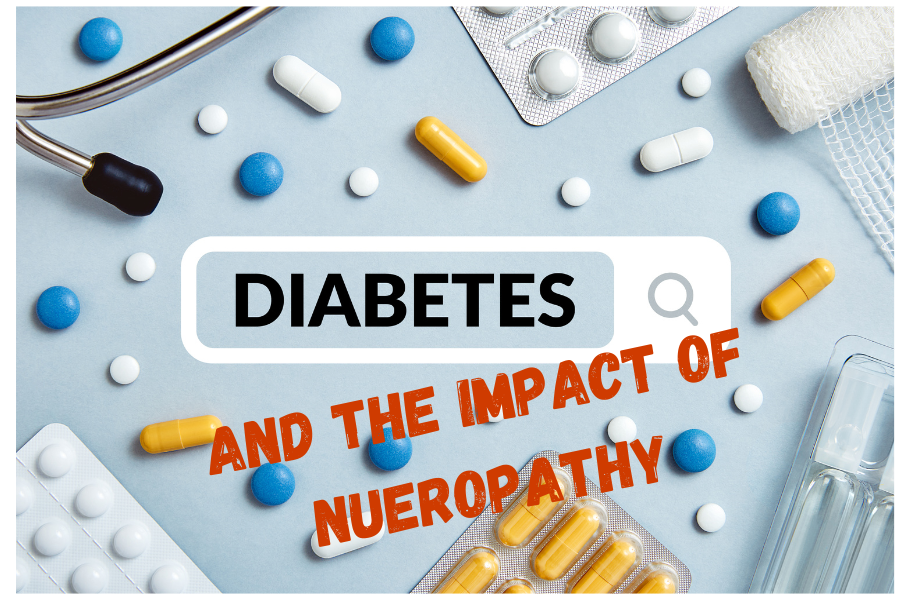

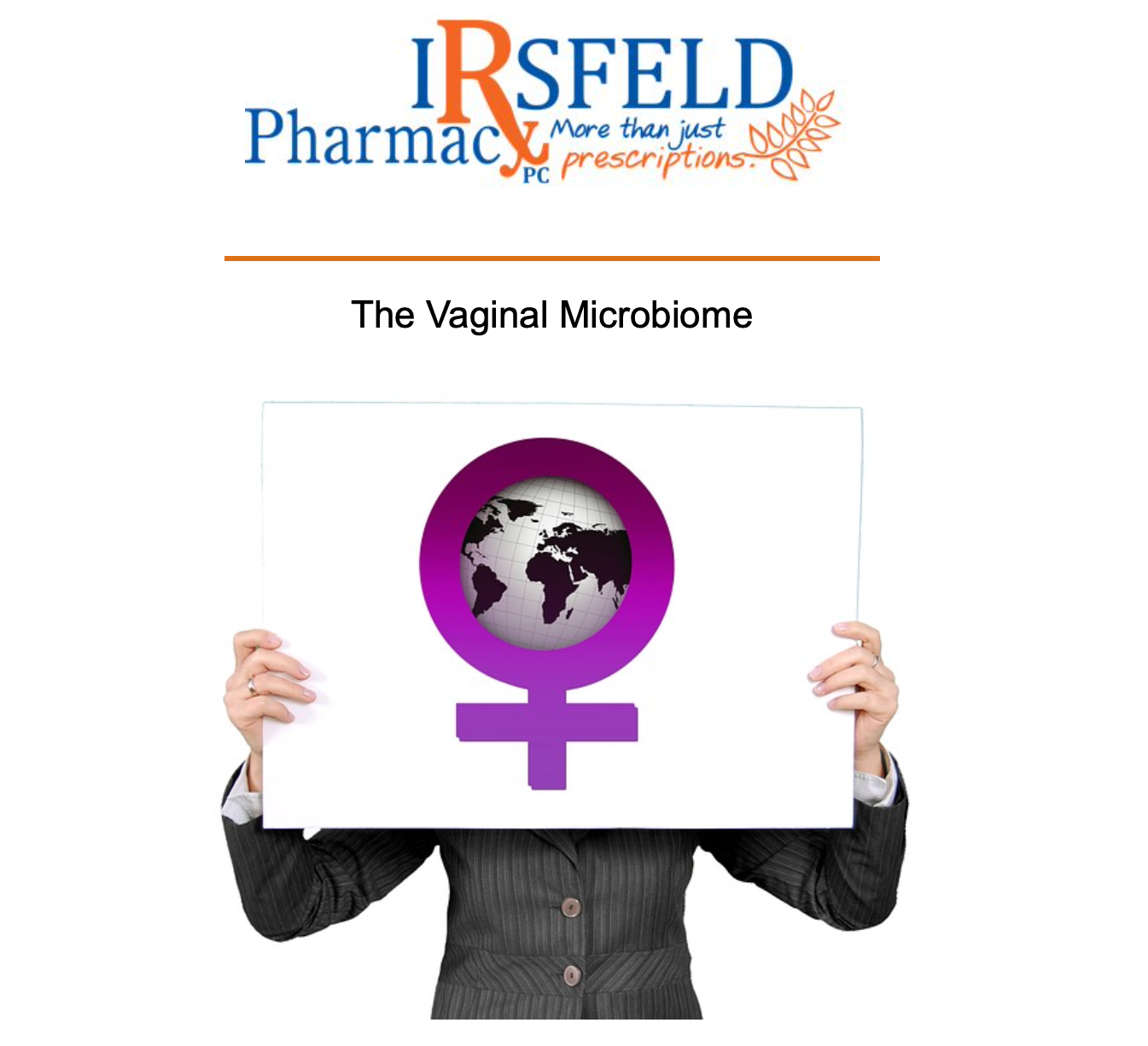
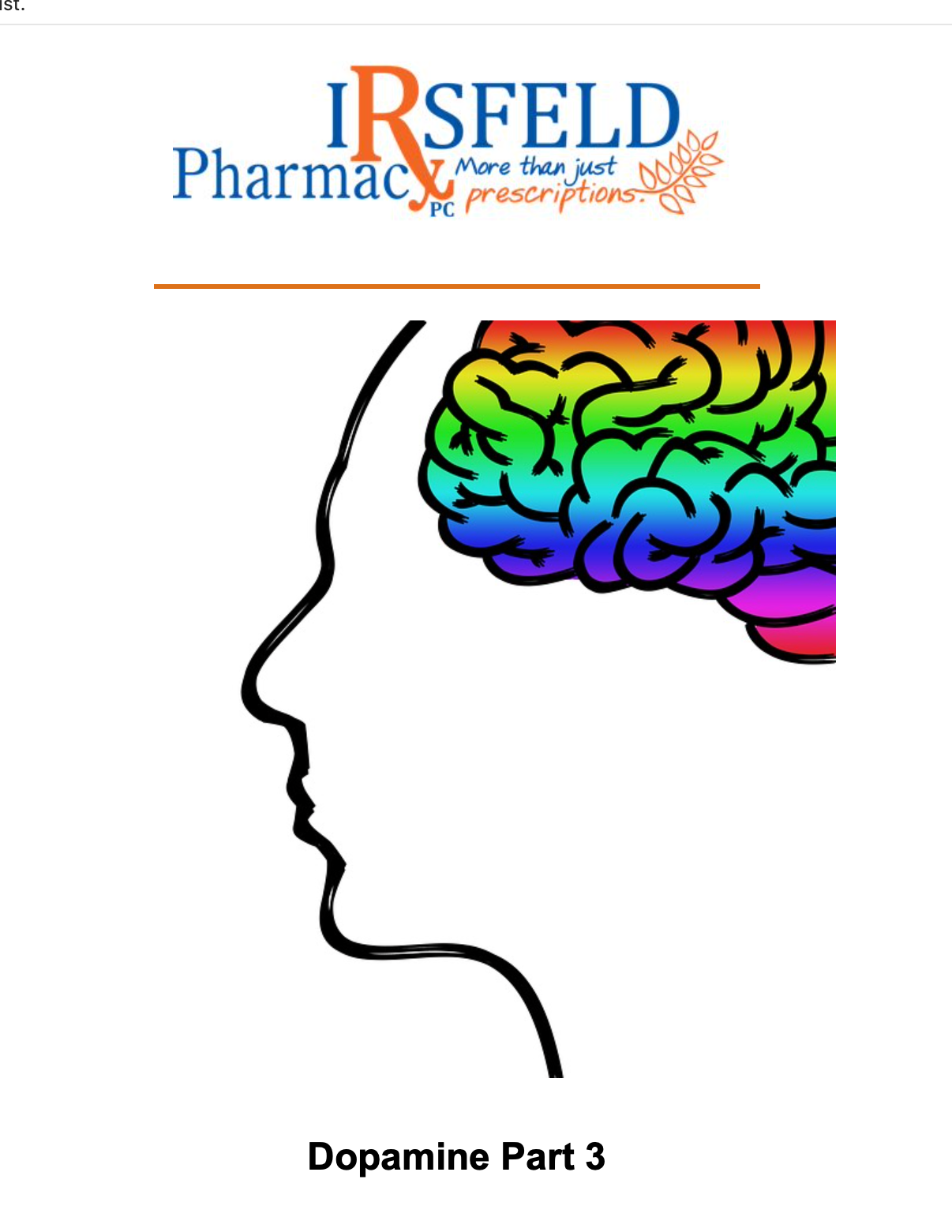
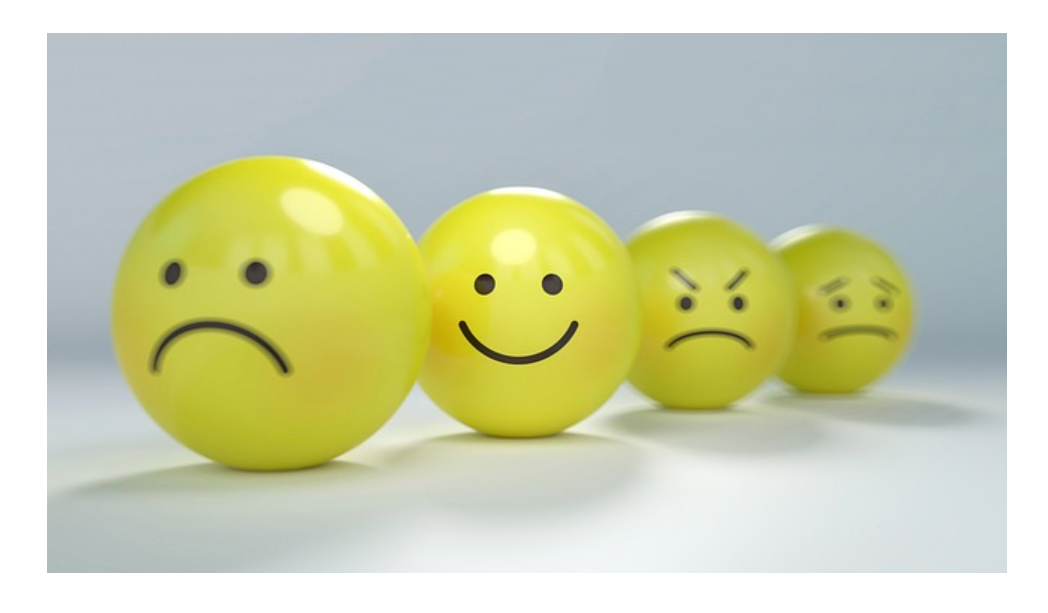
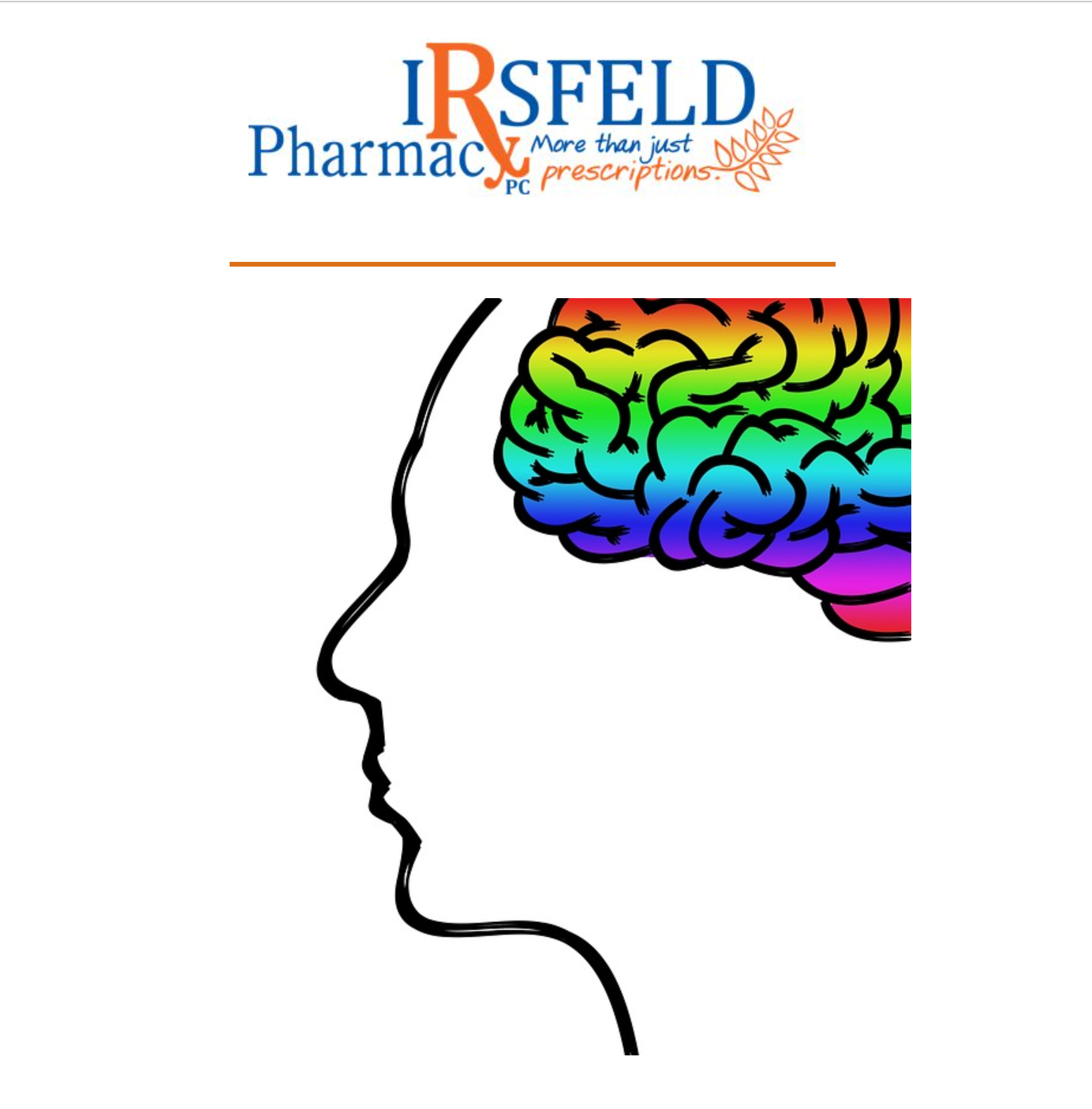
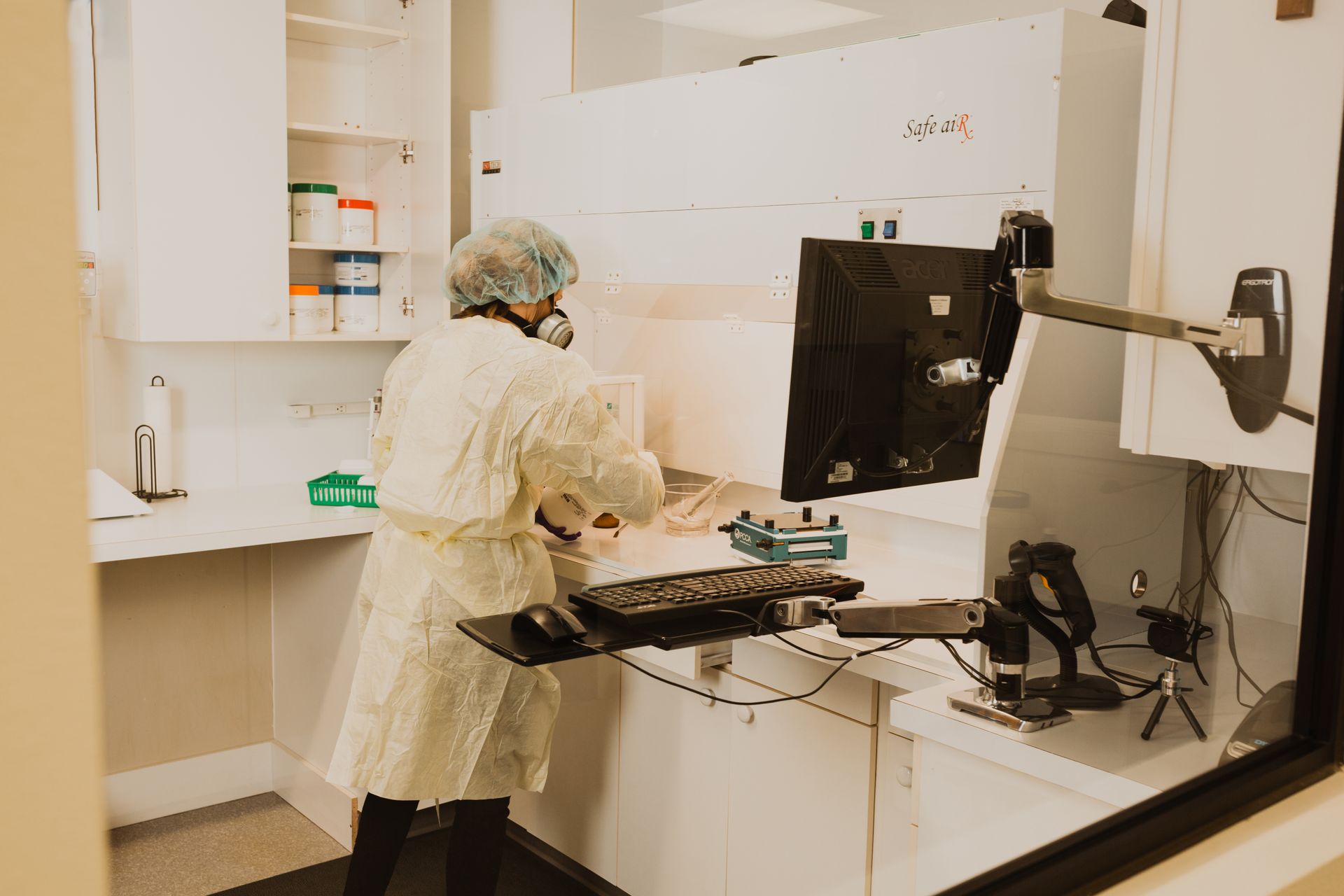


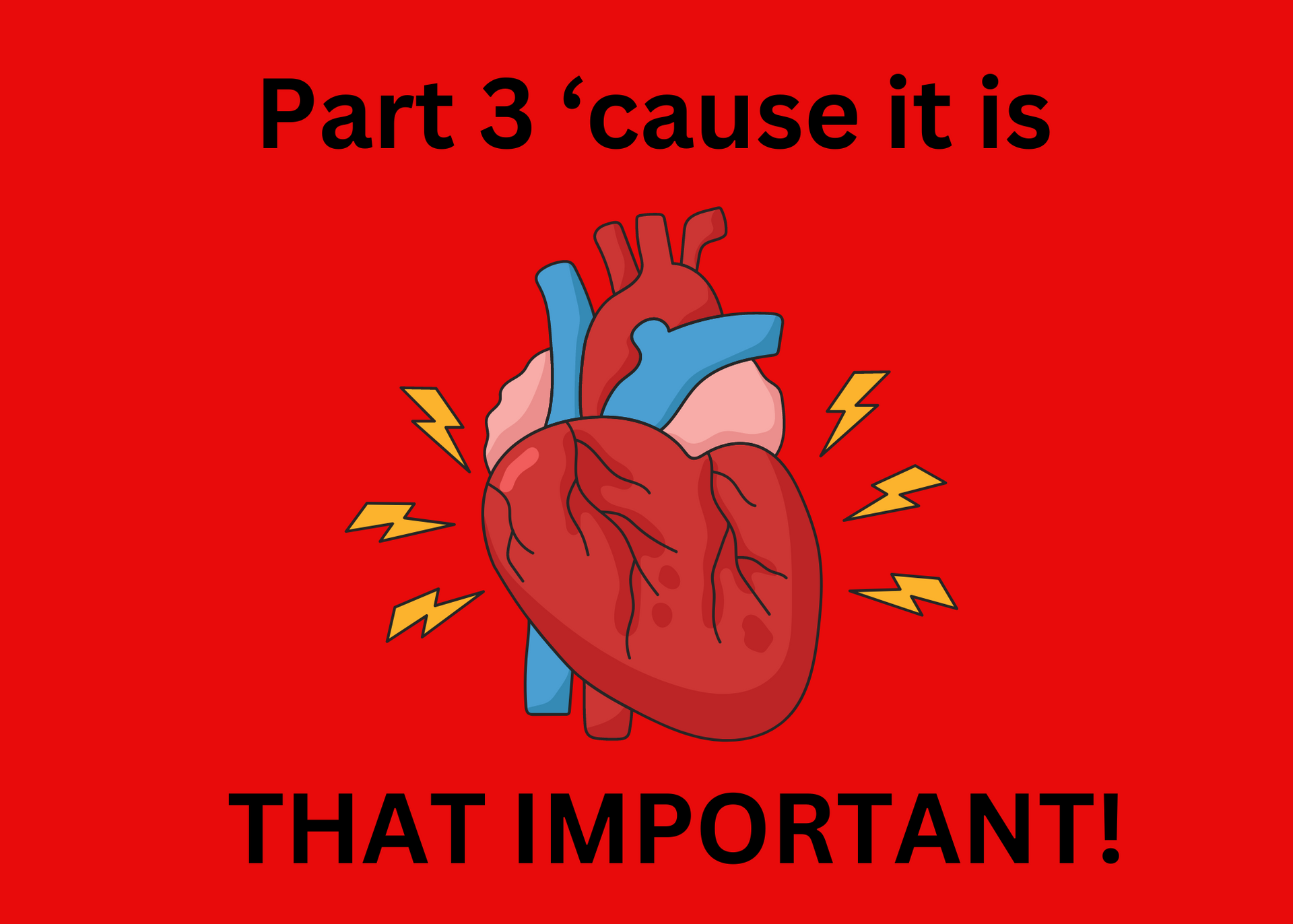
Share On: